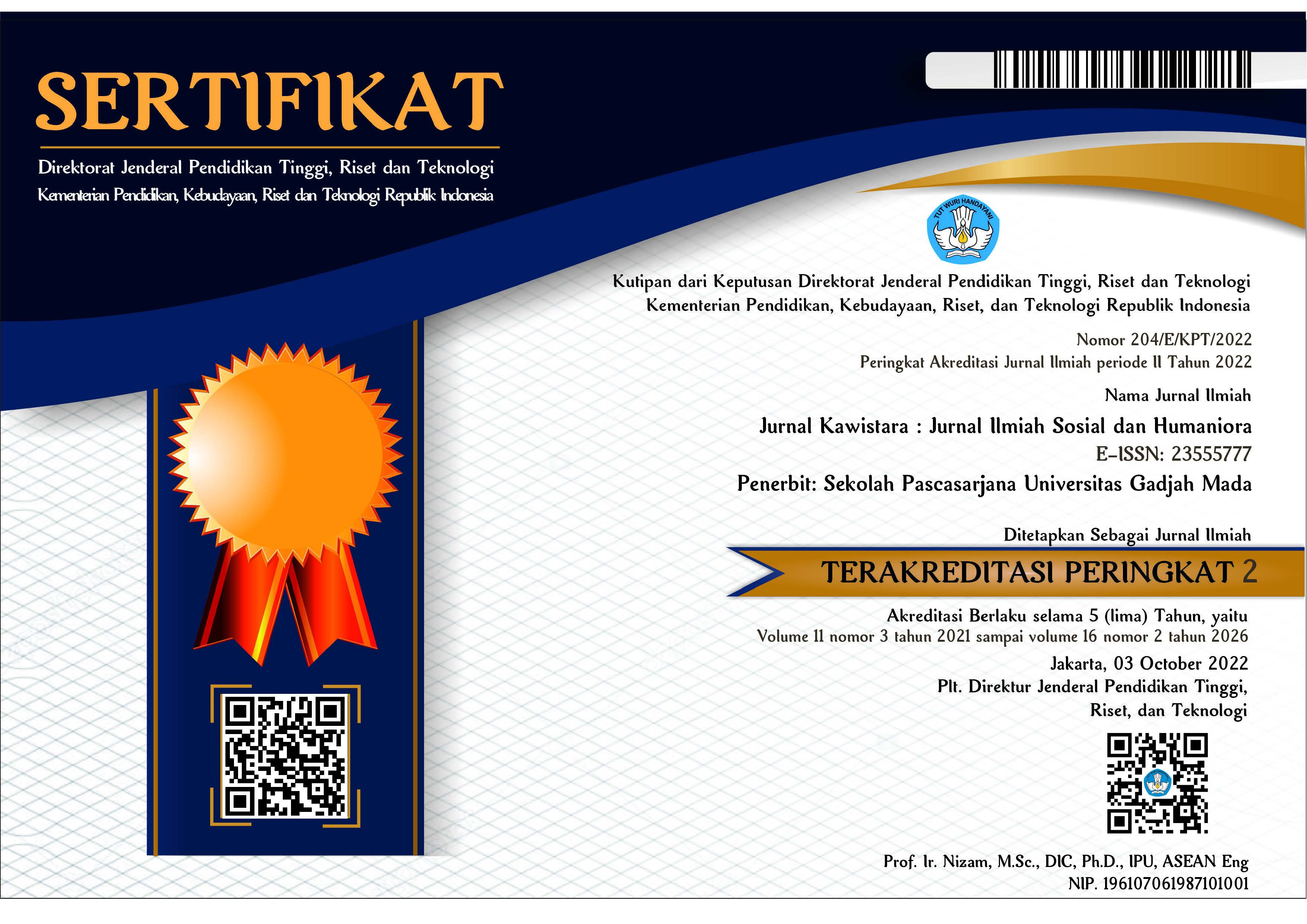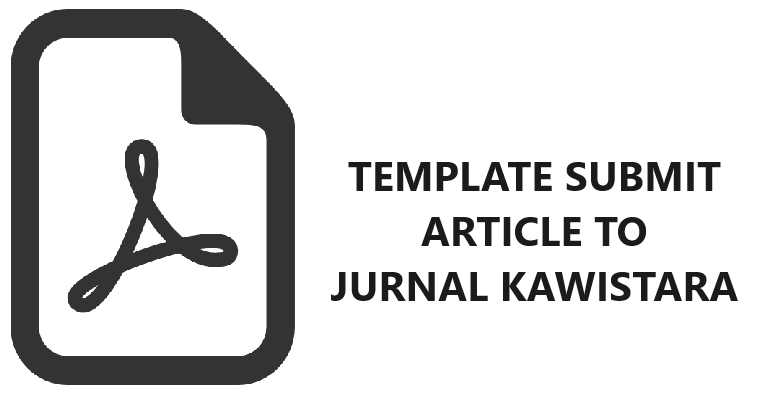MOBILITAS KELAS BARU DI DUNIA INDUSTRI PARIWISATA
Bambang Suharto, Janianton Damanik, M.Baiquni, dan Chafid Fandeli(1*)
(1) Fakultas Sastra dan Budaya Universitas Negeri Gorontalo
(*) Corresponding Author
Abstract
The main study of this research solves the researchers empirically debate about the source of in justice in
the world tourism industry because of the class structure. First, the theory of post industrial related class
should look more human. The second, related theory of Marx saw class more regularly and degraded.
This study used a mixed methods concurrent triangulation. Results of the analysis relationship between
classes show that there was a new class strengthened, namely the professional classes (54.5%) that have
a high bargaining power against capital classes (1.5%) and the proletariats (44%). These conditions
reinforce the post industrial theory which shows that the system is open, technological advances, and
specifications facilitate mastery of the field of expertise towards a higher level of professionalism based
proclean care era cross borders and not consistent proletarianization process. This studies timated the
transformation of the proletariat in to a new class structures end to be stronger, in line with the direction
of the professional class distributed double post status other than capitalist-professional worker as well
small to large scale.
Keywords
Full Text:
PDFArticle Metrics
Refbacks
- There are currently no refbacks.
Copyright (c)
Jurnal Kawistara is published by the Graduate School, Universitas Gadjah Mada.











